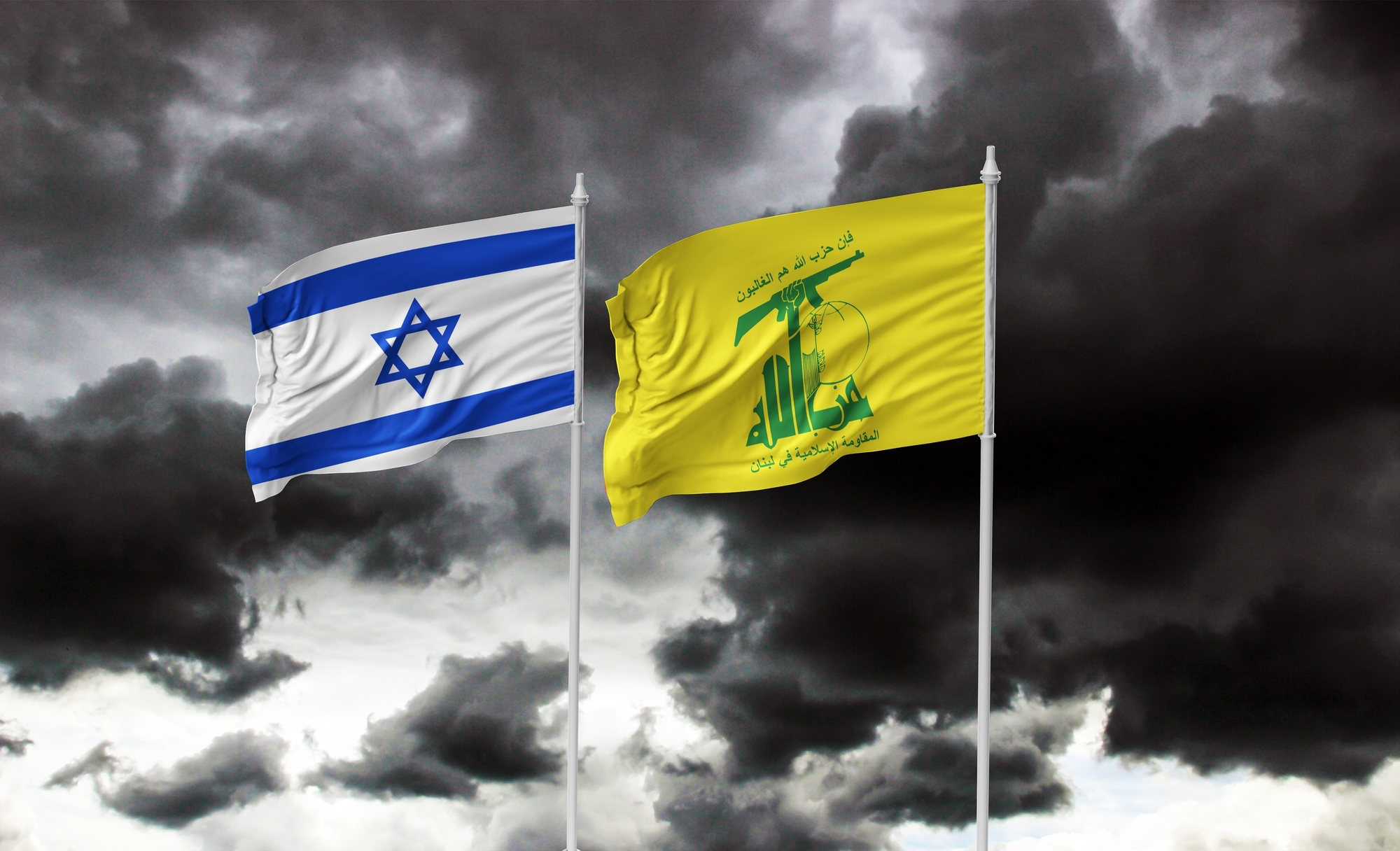The enduring conflict between Israel and Hezbollah, the Iran-backed Lebanese group, has intensified, risking a full-scale war despite neither side desiring one. After several months of low-intensity skirmishes, the Israeli military has indicated readiness for a significant offensive, signaling a potential shift toward more severe conflict dynamics. This escalation follows a series of provocations and confrontations, hinting at a volatile situation that could spiral out of control.
Historical Context: Endless Cycle of Conflict
Lebanon and Israel’s history is marked by decades of hostility. The 1982 Israeli invasion of Lebanon escalated after attacks by Palestinian militants, leading to a prolonged occupation driven out by Hezbollah in 2000. Despite being seen as a “resistance” group in Lebanon, Hezbollah is designated as a terrorist organization by much of the Western world. The conflict reignited in 2006 with significant casualties, setting a precedent for ongoing violence, which has recently intensified dramatically following a massive attack by Hamas on Israel, prompting retaliatory actions from both Israel and Hezbollah.
Current Crisis: A Slow-motion Escalation
According to Heiko Wimmen from the International Crisis Group, the conflict has intensified since October 8, inching towards a more significant confrontation. Recent cross-border exchanges have become more deadly and widespread, with Hezbollah launching attacks deeper into Israeli territory and Israel responding with strikes in northern Lebanon. This escalation is becoming increasingly difficult to contain, with each side deploying more severe military tactics and weaponry, suggesting a strategic shift in the longstanding conflict.
Rising Stakes: Voices from the Front Lines
Both Israeli and Hezbollah leaders have expressed a reluctance for war, yet prepare for potential escalation. Israeli Prime Minister Benjamin Netanyahu has warned of severe responses to attacks, emphasizing Israel’s readiness for “intense action” in the north. Conversely, Hezbollah’s leadership, while stating a preference to avoid an all-out war, asserts readiness to respond if necessary. Both sides’ rhetoric and significant military posturing highlight the fragile balance that could tip toward a more extensive conflict at any moment.
Potential Outcomes: An Inadvertent War?
Experts like Wimmen suggest that while a deliberate war might not be chosen, military actions’ increasing intensity and reach might trigger one inadvertently. The situation is exacerbated by internal pressures on both sides, from political factions within Israel demanding decisive action to Hezbollah’s strategic alignments and its support for Palestinian causes. The international community, particularly the United States, has expressed concern over the potential for escalation, indicating a keen interest in avoiding a broader regional conflict.
The Israel-Hezbollah dynamics continue to evolve against a backdrop of regional tension and global concern. While neither side may wish for war, their actions could inadvertently lead to one, demonstrating the complex interplay of military strategy, political pressure, and international diplomacy. The situation remains a stark reminder of the delicate peace in one of the world’s most volatile regions, where rhetoric and reality are often closely intertwined.







